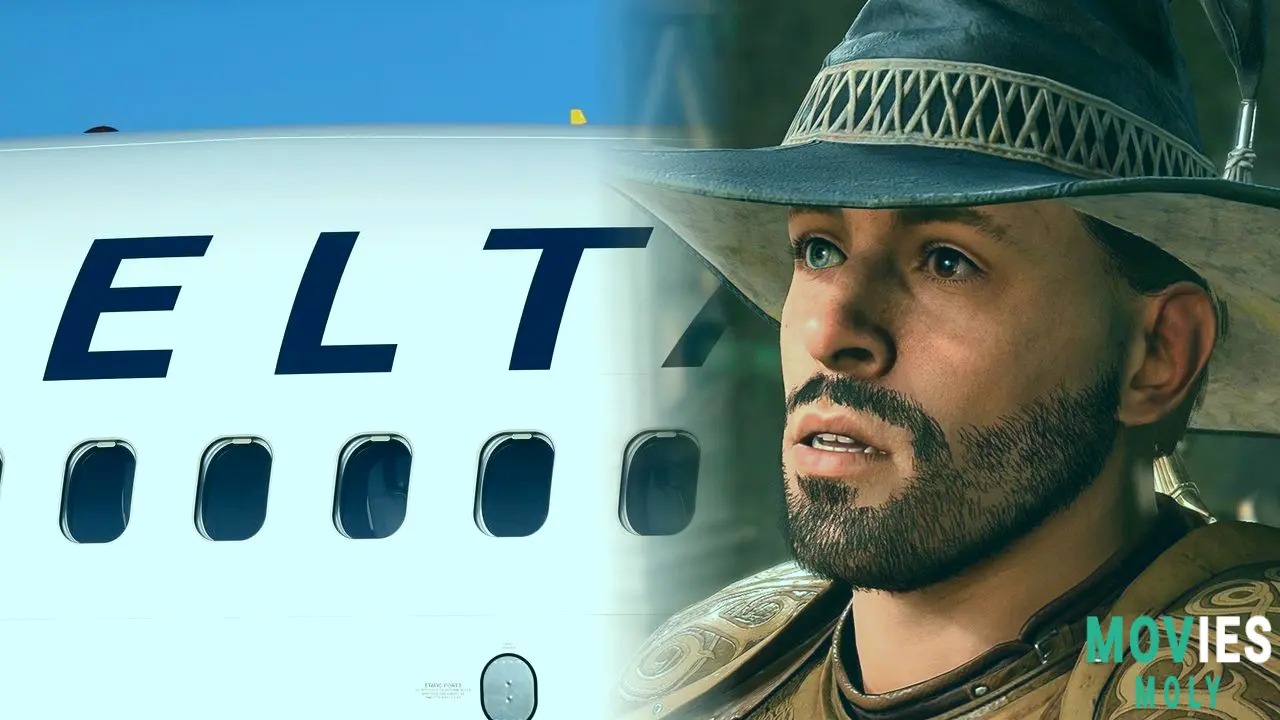Wizards of the Coast, the company behind the tabletop sensation Dungeons & Dragons, has released some exciting news. Following the huge success of Baldur's Gate 3, the future of D&D video games is becoming obvious, with a confirmed Baldur's Gate 4 and an exciting new Giant Skull D&D game on the way. Wizards of the Coast is charting a new route for its digital products, emphasizing emerging talent and a varied range of experiences for gamers.
John Hight, President of Wizards of the Coast, has revealed details about the company's plan. He revealed that a Baldur's Gate 3 sequel is in the works, but it will not be developed by Larian Studios or the recently established Giant Skull. This method represents a larger attempt to broaden the D&D universe in video games, expanding beyond the typical CRPG genre and reaching a larger audience.
Baldur's Gate 4: The Confirmed Successor (Not by Larian or Giant Skull)Since the success of Baldur's Gate 3, many fans have wondered what will happen next. Wizards of the Coast has given a firm answer: Baldur's Gate 4 is coming. John Hight said, "Baldur's Gate is an outstanding game. Of certainly, we'll do a successor."
Why Larian Will Not Develop Baldur's Gate 4
Larian Studios, the acclaimed developer of Baldur's Gate 3, has announced their departure from the Dungeons and Dragons brand. Larian CEO Swen Vincke acknowledged at GDC 2024 that the studio explored producing Baldur's Gate 4, but chose against repeating their previous work. Larian's purpose in obtaining an external license such as D&D was to achieve recognition and creative flexibility for their own original products. This choice, while sad for some fans, permits Larian to focus on new projects, with their next major game, dubbed "Excalibur," still years away.
Who could create the next Baldur's Gate? (Speculation)
With Larian out of the picture and Giant Skull reported to be working on another D&D game, the search for a Baldur's Gate 4 developer is wide open. Given the lofty expectations set by Baldur's Gate 3, this is a mammoth task. Wizards of the Coast would not rush the choice, preferring to "take our time and find the right partner, approach, and product that could represent the future of Baldur's Gate."
Several studios could be contenders for this enormous undertaking. Developers known for their powerful RPGs, particularly those with experience with licensed IPs, may be eligible. Companies like as Owlcat Games, which has a history of using D&D-style rule sets in their Pathfinder RPGs, could be a good fit, though their games are often more serious. Obsidian Entertainment and inXile Entertainment are frequently highlighted in community debates as firms that can handle large-scale RPGs. BioWare, the original developer of the first two Baldur's Gate games, could also return to the franchise.
Giant Skull's D&D Project: An Action Adventure for a Wider Audience
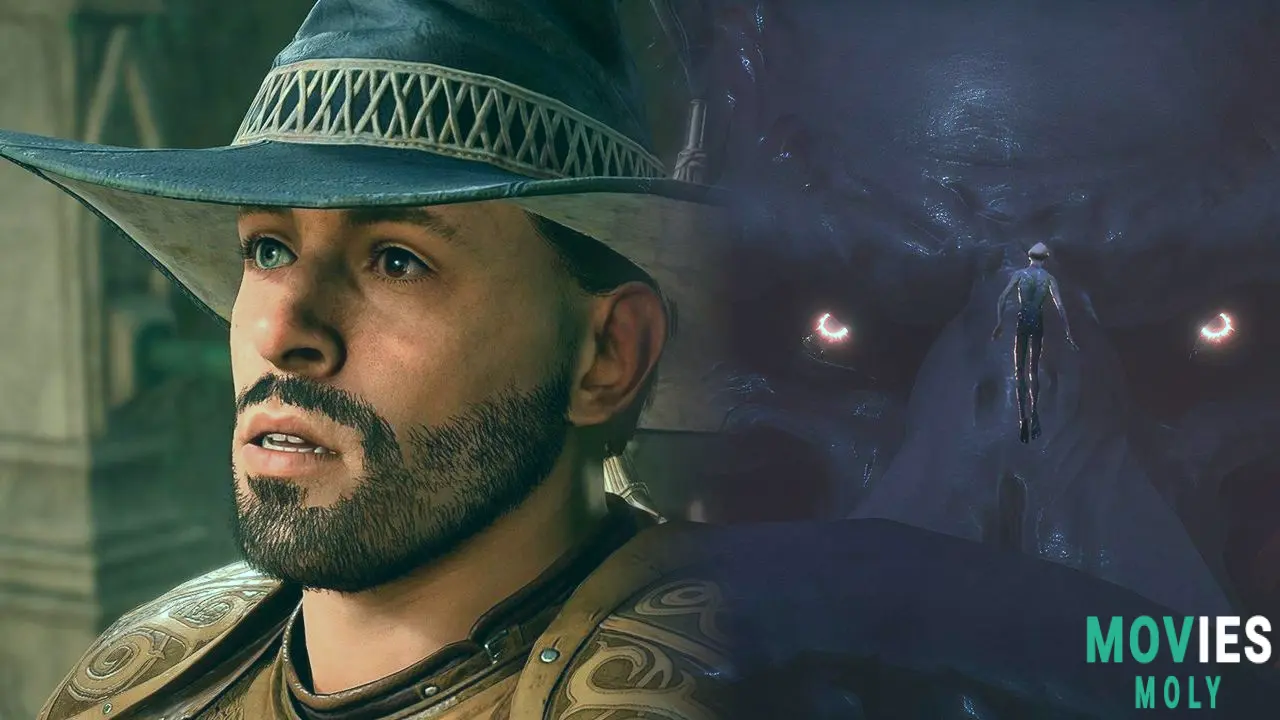
While not Baldur's Gate 4, the planned Giant Skull D&D game is a significant undertaking for Wizards of the Coast. Giant Skull is a new AAA firm created by Stig Asmussen, a veteran game director best known for his work on the God of War series, particularly God of War 3, and the Star Wars Jedi games, Fallen Order and Survivor.
Stig Asmussen's Vision of Giant Skull's D&D Game
Asmussen's studio, Giant Skull, intends to develop "game-play driven, story-immersed, action-adventure games set in captivating worlds." Their D&D product has been announced as a single-player action-adventure game for PC and platforms. This genre selection is consistent with Asmussen's previous achievements. He explained the decision.
"The decision to go with D&D wasn't tough because it fits in with what we've done before, such as God of War and the Jedi series. We wanted to sink our teeth into something legendary, mythical, with enough of room for us to extend our wings, enter a realm, and capture its soul."
John Hight noted that the Giant Skull D&D game is intended to appeal to a broader audience, not only dedicated tabletop RPG gamers. He stated:
"We turn to Stig and his crew to develop a fantastic story and bring D&D to a large audience. Ideally, the game will appeal to D&D players by allowing them to realise their imaginations. But it will also ideally appeal to folks who enjoy playing action games, such as Jedi and God of War."
Asmussen believes D&D is the ideal fit for this vision:
"Dungeons and Dragons is the definition of a playground. There are still many things that we must follow. There's the Dungeons & Dragons spirit. The game has worlds, player agency and decision, party building, and consequences for acts.
This hints that the game will adapt basic D&D concepts into a more direct, action-oriented structure, much like the Star Wars Jedi games did with lightsaber combat and Force powers. Players can expect heroic battle and exciting exploration in a rich D&D universe.
Wizards of the Coast's Grand Gaming Strategy
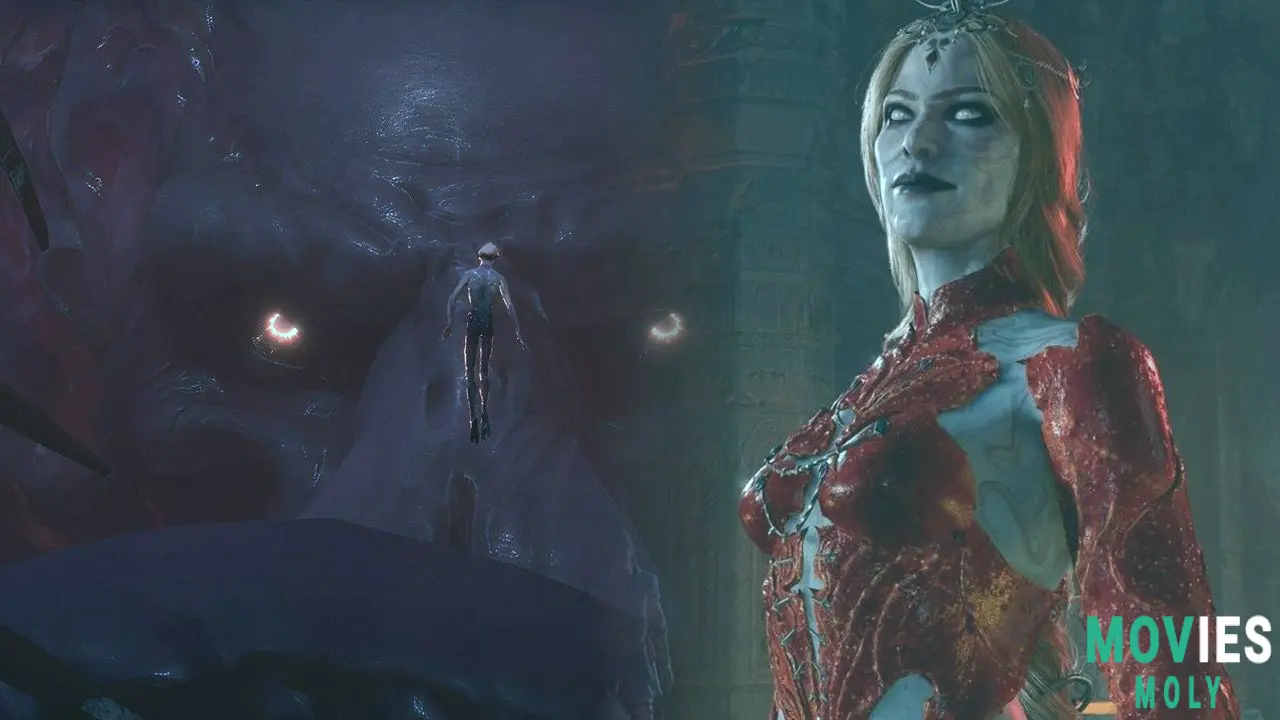
Wizards of the Coast, a Hasbro IP, is making a big push into the video game market. This includes not only licensing their popular brands, like as D&D and Magic: The Gathering, but also encouraging internal creation.
Betting on New Talent: WotC's Approach to Smaller Games.
John Hight highlighted that Wizards of the Coast isn't just looking for proven veterans like Stig Asmussen. The business would "make some bets on up-and-coming talent, and maybe do smaller games and give them a shot at building up teams and learning along the way." This strategy calls for a varied portfolio of D&D and Magic video games, ranging from large-scale AAA productions to more experimental, smaller projects. Hight said:
"We are planning to release premium games. There will be, hopefully, some of the best games you've seen. "You're going to start associating the Wizards brand with premium game publishing."
Wizards of the Coast now runs five internal studios. This internal capacity, along with external alliances, enables them to pursue numerous initiatives concurrently. While some unidentified projects were canceled in early 2023, the emphasis remains on strategically linked games that broaden or engage audiences in novel ways.
The Function of Unreal Engine 5 in WotC's Pipeline
The widespread use of Unreal Engine 5 in all of Wizards of the Coast's premium games is a critical component of the company's digital strategy. This uniformity enables the organization to form a consolidated creative team. This team will contribute to numerous projects by offering artists and world builders, guaranteeing a consistent level of visual quality and artistic direction across titles. This technique helps to balance development expenses while keeping brilliant artists engaged throughout the project's many phases.
Unreal Engine 5 is also used in other D&D digital ventures, such as Sigil, a 3D virtual tabletop system that seeks to deliver an immersive D&D experience. While Project Sigil's development was scaled back earlier this year, the core Unreal Engine 5 assets and unified concept remain relevant to other D&D video games.
Key Takeaways from John Hight and Stig Asmussen
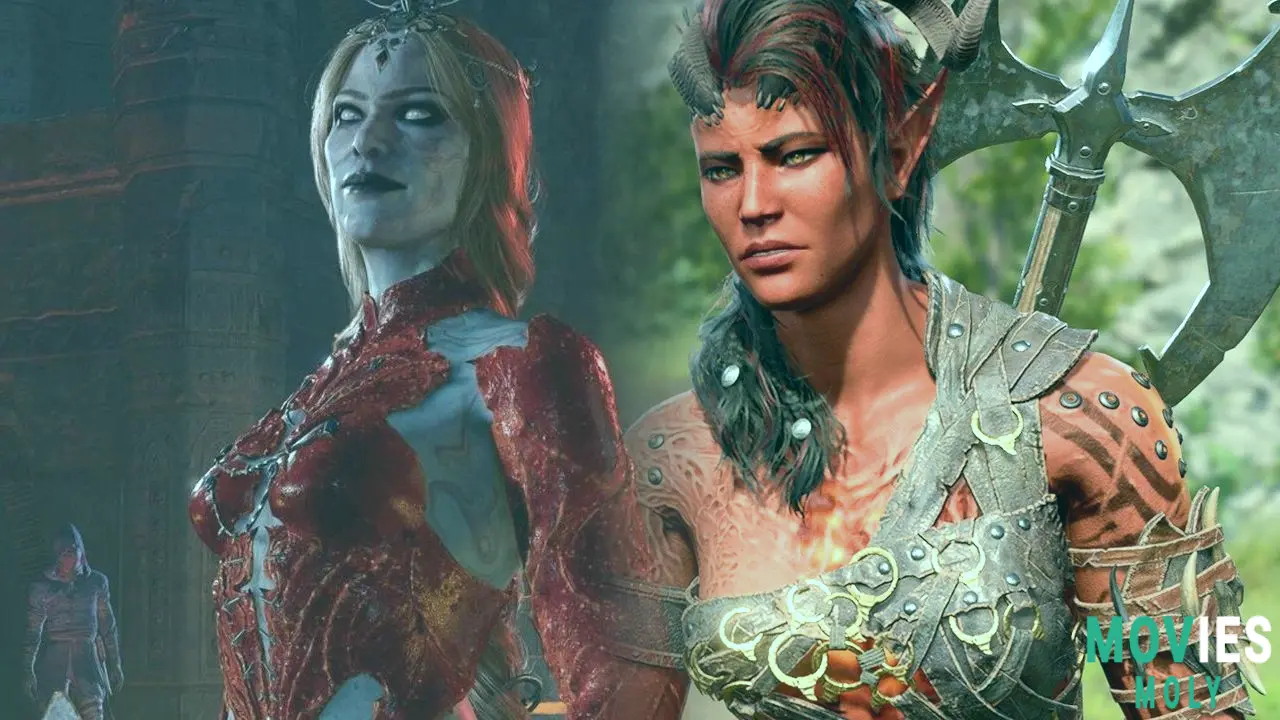
The discussions with John Hight and Stig Asmussen provide a clear path for Wizards of the Coast's gaming future.
Hight underlined the significance of player interest while assessing potential development partners. He seeks studios with a "true interest in the player" and "sensitives around" the IP, as well as an awareness of community expectations. This emphasis on player experience is critical when translating a tabletop RPG like D&D, where player imagination is a key component. Asmussen's experience with third-person melee fighting, perfected in the God of War and Star Wars Jedi games, is viewed as a good fit for turning D&D's action into a video game.
Wizards of the Coast also intends to be more proactive in engaging the community as games near completion. They acknowledge that the "real work begins" after initial production, with an emphasis on polish and player feedback to assure high quality.
What Does This Mean for D&D Fans?
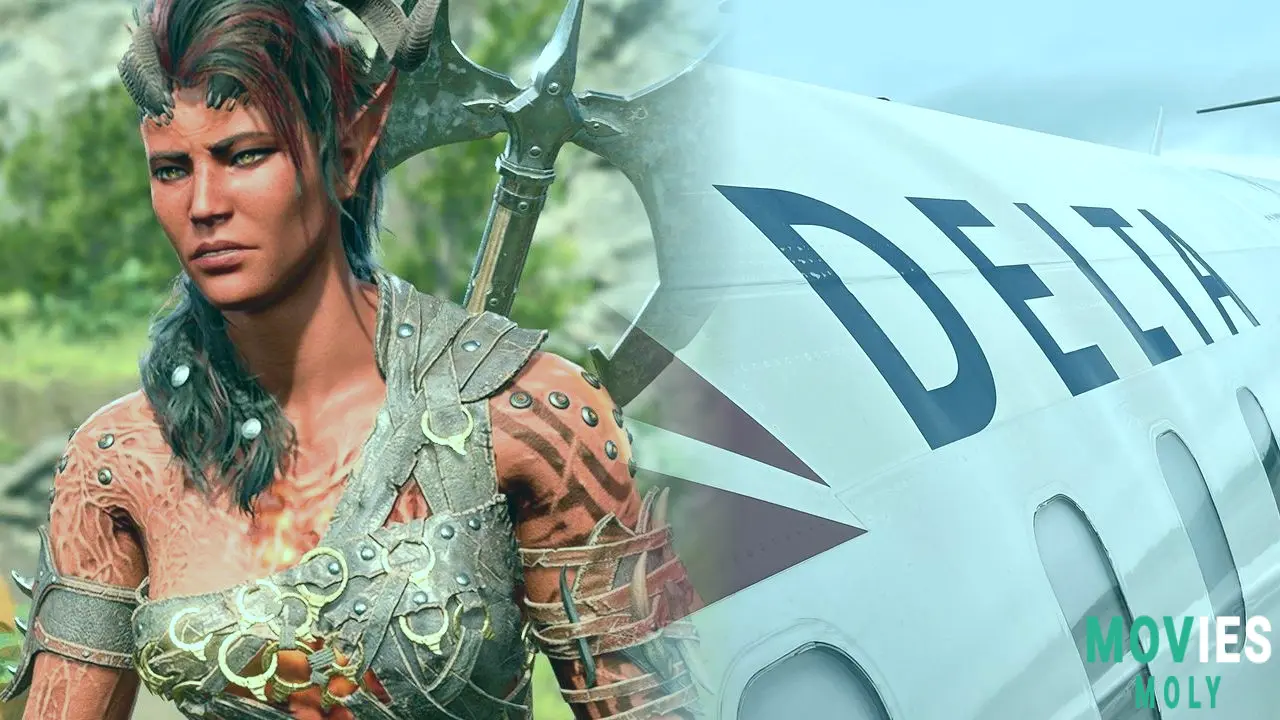
The announced Baldur's Gate 4 and the planned Giant Skull D&D game mark a huge expansion of the Dungeons & Dragons video game franchise. D&D has a lengthy history in video games, spanning back to 1988's Pool of Radiance and even older Intellivision games from the early 1980s. While most D&D games have been computer RPGs, the franchise has also included action-adventure titles.
Historical Context for D&D Video Games
The D&D brand has been continuously transferred to video games, with a variety of scenarios and rule systems investigated. D&D has a strong digital history, spanning from SSI's iconic Gold Box series to BioWare's original Baldur's Gate games and the Neverwinter Nights series. However, the success of Baldur's Gate 3 elevated the D&D video gaming experience to new heights of mainstream notoriety, garnering a vast following.
This history demonstrates a desire to experiment with many genres and approaches. Wizards of the Coast's current strategy, which focuses on diverse talent and broad appeal, continues the heritage of translating the tabletop experience in many digital mediums.
Community Reactions and Expectations.
The announcement of a confirmed Baldur's Gate 4, even without Larian, has sparked heated debate among enthusiasts. There is enthusiasm for the continuation of the beloved series, but there is also concern about how another studio will follow in Larian's critically lauded work. While Larian's shoes are difficult to fill, a well-made game that embodies the essence of D&D may nevertheless be highly received.
The Giant Skull D&D game's transition to an action-adventure format is a different concept. While several D&D action games have had mixed results in the past, Stig Asmussen's experience with the critically acclaimed God of War and Star Wars Jedi games instills optimism. Fans are intrigued about how a more direct combat system will interact with D&D's character creation and narrative choices. The goal of appealing to a "very broad audience" suggests a game that may bring many new players into the D&D universe, similar to what Baldur's Gate 3 accomplished for CRPGs.
While no particular release dates have been revealed, AAA game development cycles normally last three to seven years. Giant Skull was founded in 2023, therefore its D&D game may not appear before 2029. Wizards of the Coast is still in the process of picking a developer for Baldur's Gate 4, thus it may take even longer. Regardless of timeframe, the future of Dungeons & Dragons Game adaptations is robust and diverse.

